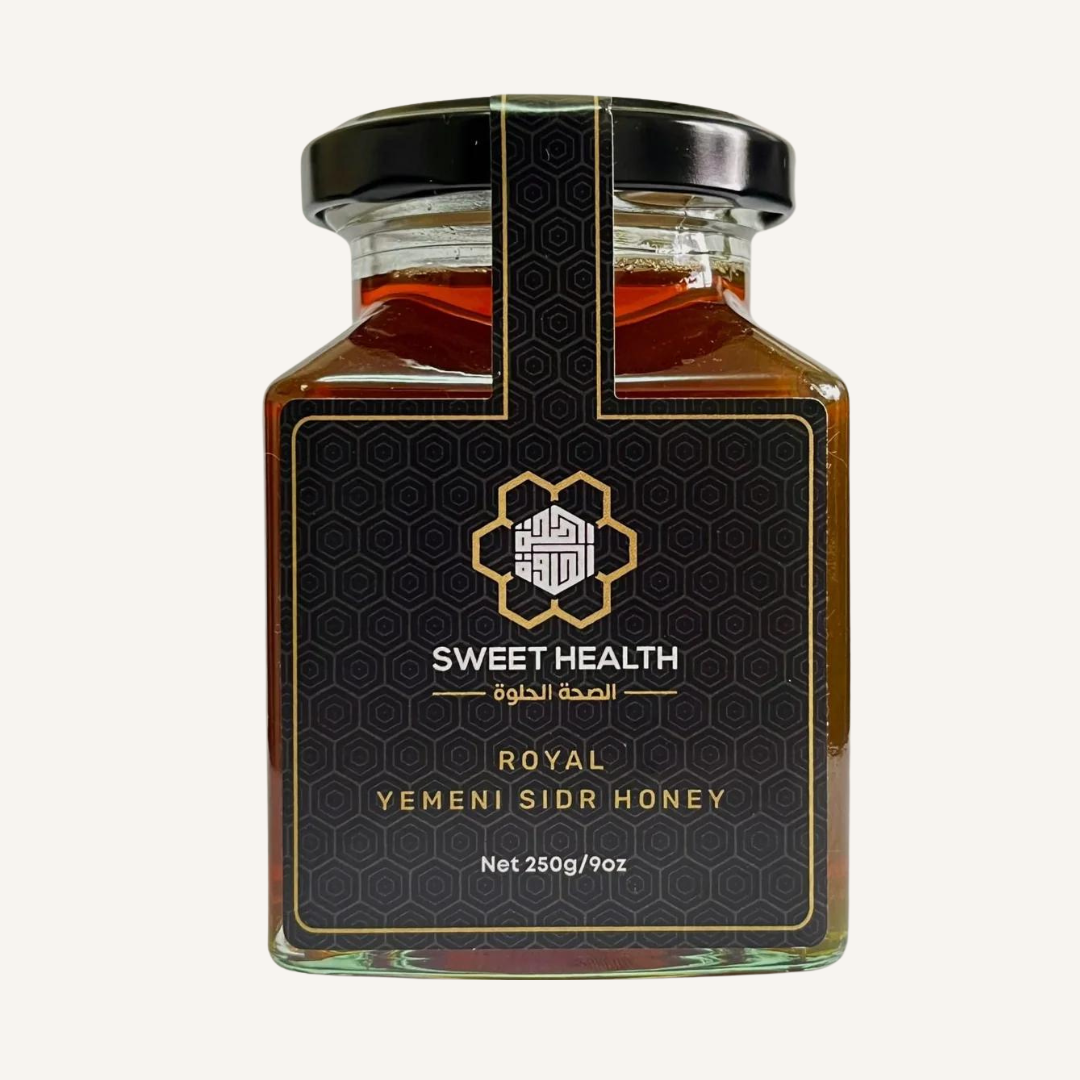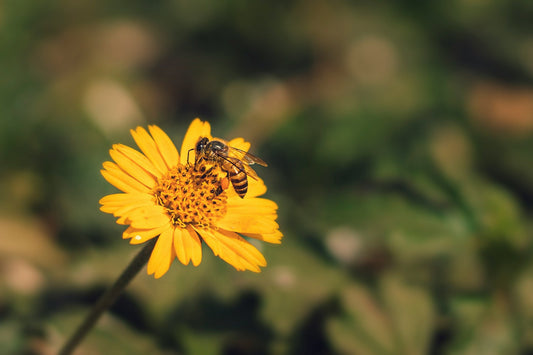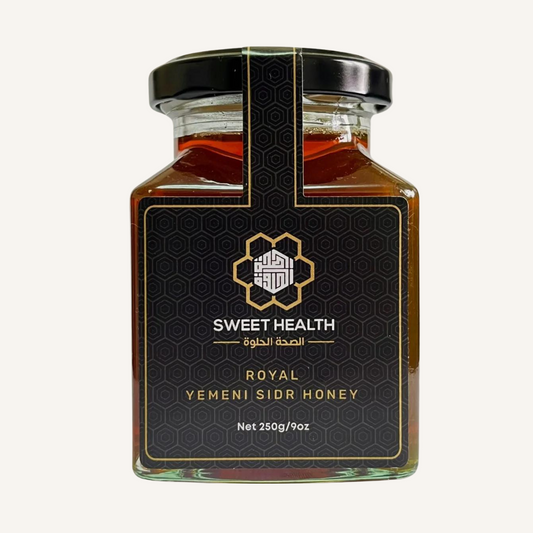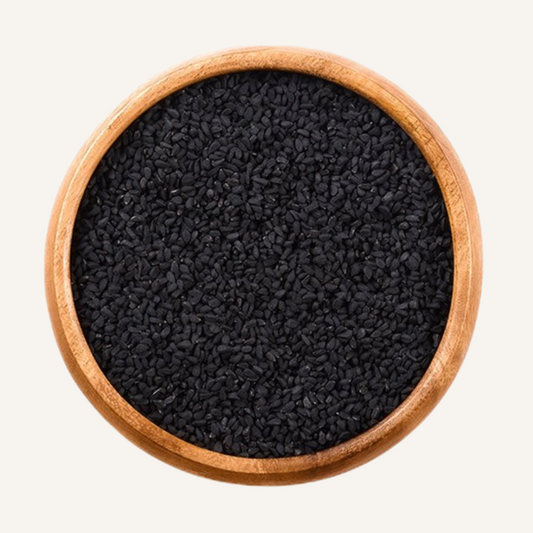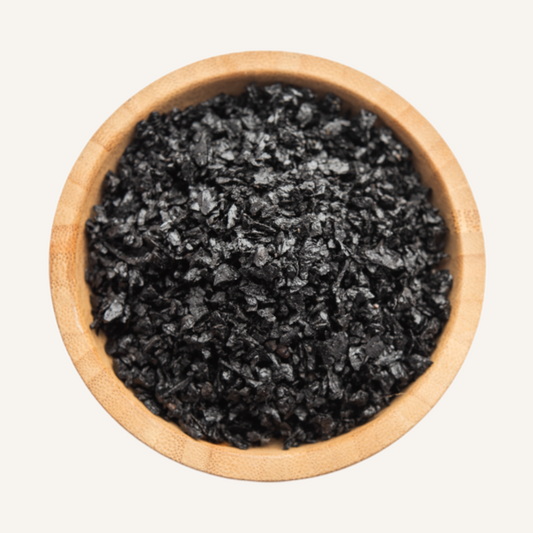
Protecting Our Precious Honeybees
Abdullaah KhanShare
Honeybees are more than just prolific producers of delicious honey—they are vital to the health of our ecosystems, playing a crucial role as pollinators. As concerns about their declining populations grow, understanding and supporting honeybees has never been more important.
In this article, we'll explore some fascinating aspects of honeybees, delve into why protecting them is critical, and highlight a charity dedicated to their preservation.
Why Honeybees Matter
Honeybees (Apis mellifera) are essential for the pollination of many crops and wild plants, contributing significantly to global food security and biodiversity. It's estimated that about one-third of the food we consume each day relies on pollination mainly by bees.
Their work not only supports a variety of food crops but also shapes the landscapes, allowing floral growth that supports other wildlife.
Threats to Honeybees
Despite their importance, honeybee populations are facing multiple threats, including:
- Pesticides: Certain pesticides can be extremely harmful to bees, impairing their ability to navigate and forage.
- Habitat Loss: Urbanisation and intensive farming practices reduce the availability of the diverse floral resource’s bees need to thrive.
- Diseases and Parasites: Pathogens and parasites, like the Varroa destructor mite, have devastated bee colonies worldwide.
- Climate Change: Shifts in climate can disrupt the synchrony between bee emergence from hibernation and the blooming of plants they pollinate.
Fun Facts About Honeybees
- Super Communicators: Honeybees communicate through a "waggle dance," which tells other bees the direction and distance to a food source.
- Impressive Work Ethic: A single bee will produce only about 1/12th of a teaspoon of honey in its lifetime, yet a hive can produce up to 65 pounds of honey per year.
- Vital to Economies: The economic value of bees as pollinators in the United States is estimated at about $15 billion annually.
How We Can Help
There are several ways we can help protect honeybees:
- Support Organic Farming: Organic farms use fewer pesticides, providing safer environments for bees.
- Plant Bee-Friendly Gardens: Growing plants that bees love, like lavender and bluebells, can provide food and refuge for bees.
- Support Legislation: Advocating for policies that protect pollinators and restrict harmful pesticides can make a big difference.
Supporting Bee Conservation
One effective way to contribute to the preservation of honeybees is by supporting charities that focus on bee health and conservation. The Bee Conservancy is one such organisation dedicated to protecting bees by creating habitats, educating communities, and conducting research.
Supporting such organisations, either through donations or by volunteering, can have a profound impact on bee conservation efforts.
References
- "Total economic value of US pollination services is substantial." - Economic Botany
- "Neonicotinoid pesticide exposure impairs crop pollination services provided by bumblebees." - Nature
- "How Does Urbanization Affect Water Infiltration and Runoff." - ScienceDirect
- "Effects of neonicotinoid pesticide exposure on human health: A systematic review." - Environmental Health Perspectives
- "Climate change effects on plant-pollinator interactions: Mechanisms and consequences." - Current Opinion in Insect Science
- "Supporting pollinators in a human-dominated world." - Frontiers in Ecology and the Environment
- "Global food security, biodiversity conservation and the future of agricultural intensification." - Biological Conservation
